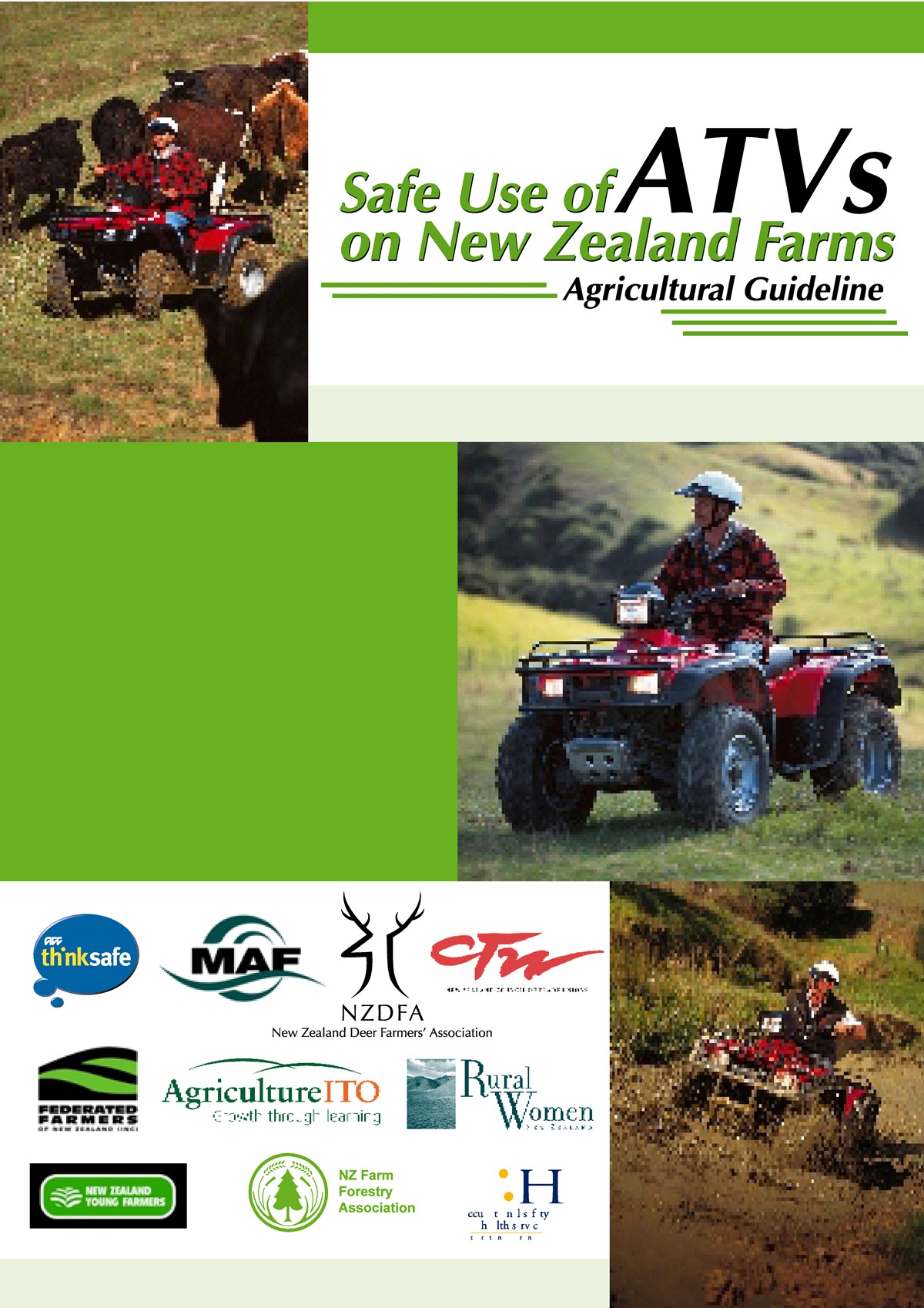The smoke from the mine:
It has been a frighteningly bad month in the mining industry internationally. OHS meetings I attended during this period have been hushed as a result of the New Zealand tragedies. Discussions about OHS have become more pertinent and more accurate – for the time being. But this, like stunning but short-lived cactus flowers, will quickly disappear.
Because I’ve had close involvement with the Beaconsfield Gold Mine rockfall that killed Larry Knight, and years earlier with the Esso Longford explosions and fires in Victoria, the CrossCity tunnel fatality in Sydney… and many other tragedies or near misses, such events, like a sudden cramp, re-focus my thinking on current issues. Another OHS failure that we didn’t stop.
Quad bike safety:
One such issue I’ve been involved in for some time has been the quad bike safety issue. The fatality statistics I have on these machines in Australia show that over the last 10 years 13 people (on average) are killed per year. 130 people, most of whom, the industry will have you believe, were ‘mis-users’ of the machines (see below). The trend is up not down.
I have just resigned from the TransTasman Quad Bike safety committee created by the regulators last year. The OHS and quad bike interest group in the community may be interested in some of the difficulties I see with the current work on this issue.
The obvious and useless in practice:
I think a much greater degree of transparency and openness – including a high level public conference – ought to take place. And neither the regulators nor industry will be interested in that; Continue reading “Of stunning, short-lived cactus flowers and quad bikes”

